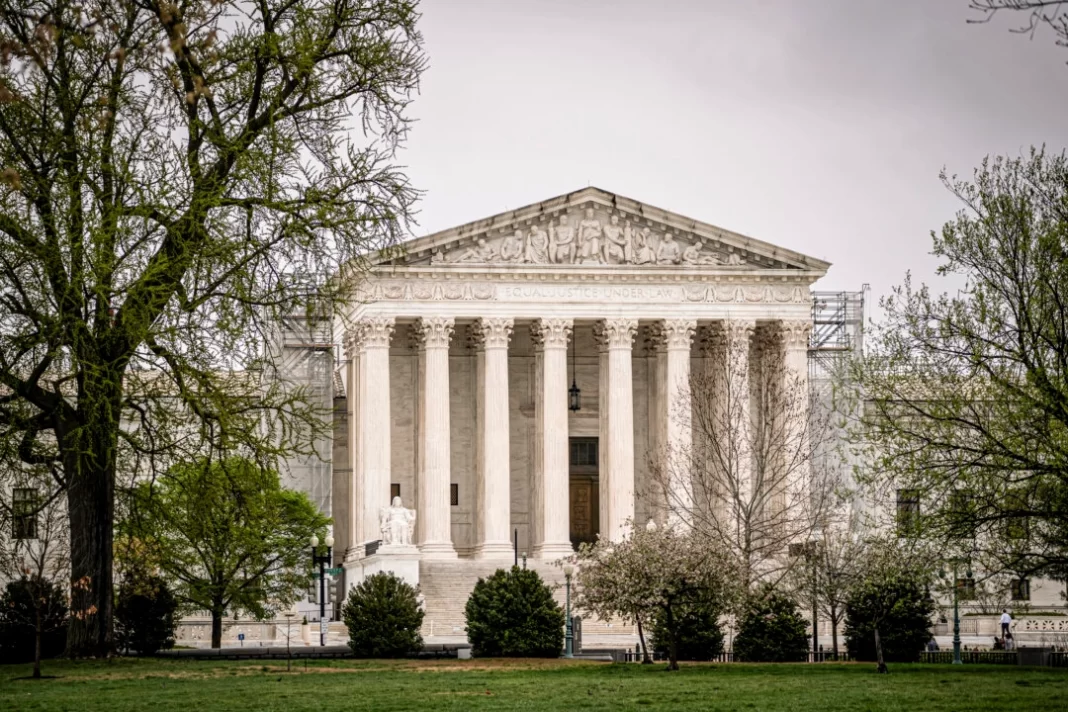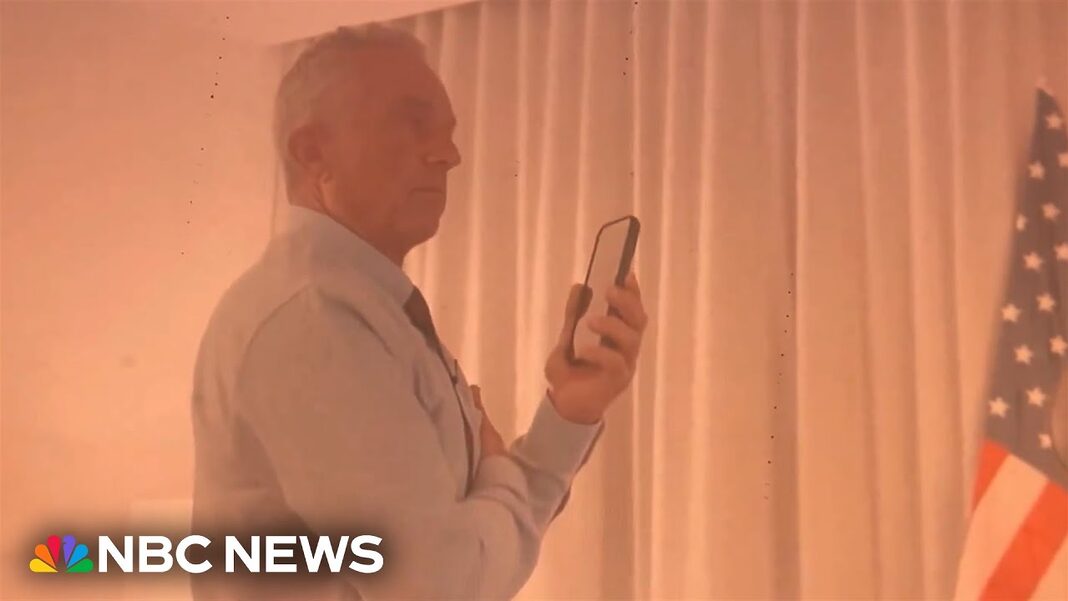Business owners describe a mixture of fear, excitement, dissatisfaction with authority outreach—and hope for peace in the long, warm week ahead.
Chicago will be bustling with political leaders, delegates, media, law enforcement, and demonstrators as it hosts the Democratic National Convention (DNC), Aug. 19-22.
With everything from high-profile speeches to polarizing protests on the menu, business owners and locals expressed a mixture of fear, excitement, dissatisfaction with outreach, and hope for peace during the long, warm week ahead.
“I just want everything to be smooth. If they’re going to protest, I want them to be peaceful,” said Gail Doherty, the manager of the Billy Goat Tavern at Ogden and Madison.
Her establishment, part of a chain made famous by Saturday Night Live and journalist Mike Royko, lies just up the street from both the United Center, the stadium where many notable Democrats will speak, and Union Park, where large-scale demonstrations will occur Aug. 19 at noon.
Like some others from businesses near the convention who spoke with The Epoch Times, she suggested contact from officials ahead of the massive event has not been sufficient.
At an Aug. 13 citywide DNC meeting, Jose Tirado of Chicago’s Office of Emergency Management & Communications (OEMC) said his organization and both city and federal agencies “have been canvassing the impacted areas to engage with residents and businesses” since April.
“Impacted areas,” he said, include downtown, the West Loop, and areas near the United Center and another convention site, McCormick Place.
Derek Mayer, deputy special agent in charge of the Secret Service in Chicago, said during the same meeting that “layers of public outreach” marked the year leading up to the DNC.
“I’ve had one person from the OEMC come down and talk to me about closures, and that’s the last I’ve seen of anybody,” Doherty said. “I don’t believe it’s been adequate.”
Mohammad Aslam, who runs a bodega along a planned protest route on Lake Street, told The Epoch Times he hadn’t heard anything from local authorities.
By Jackson Richman and Nathan Worcester








